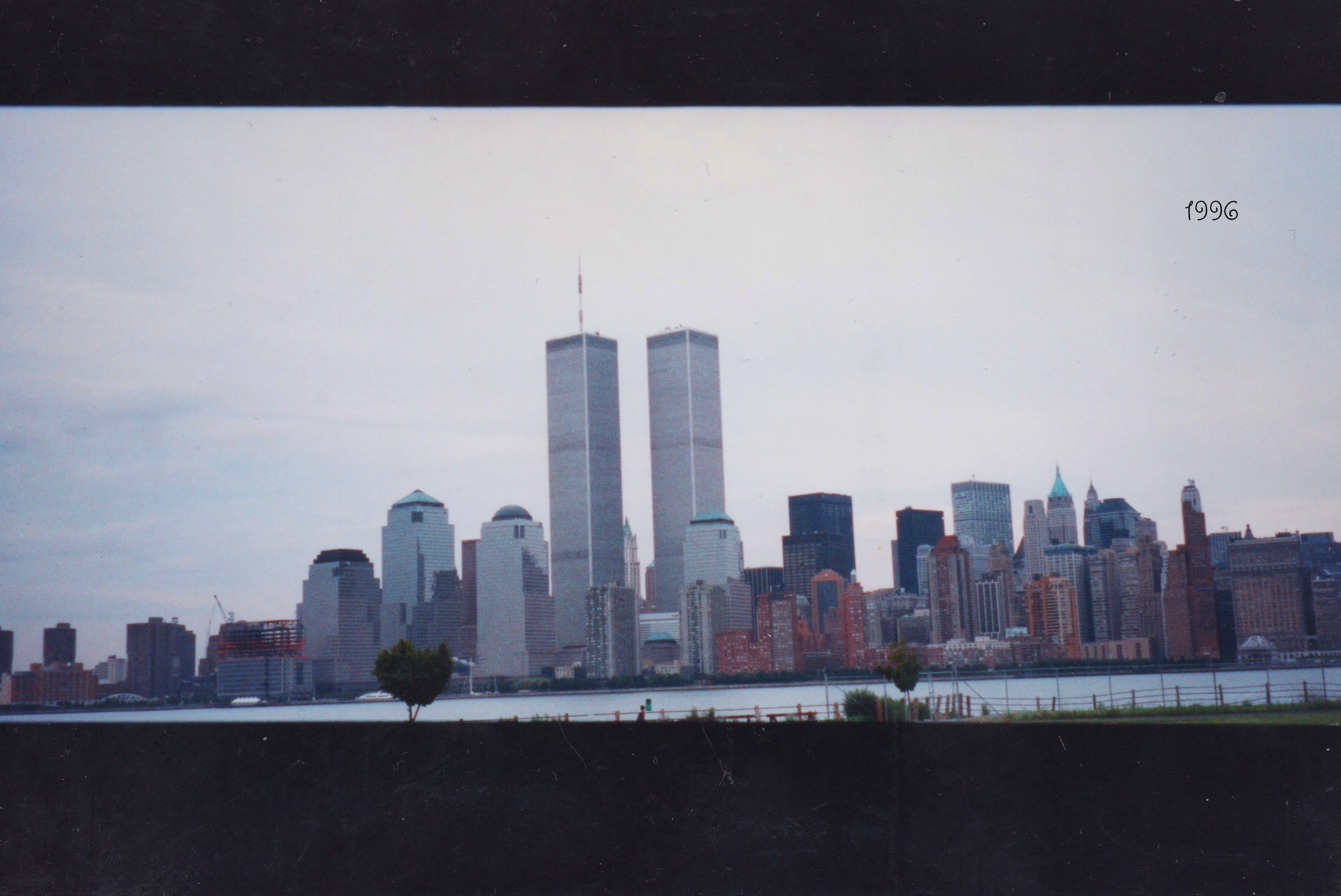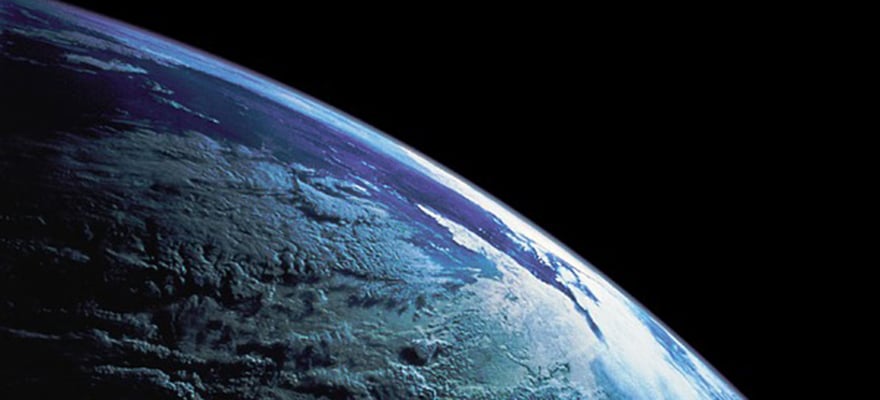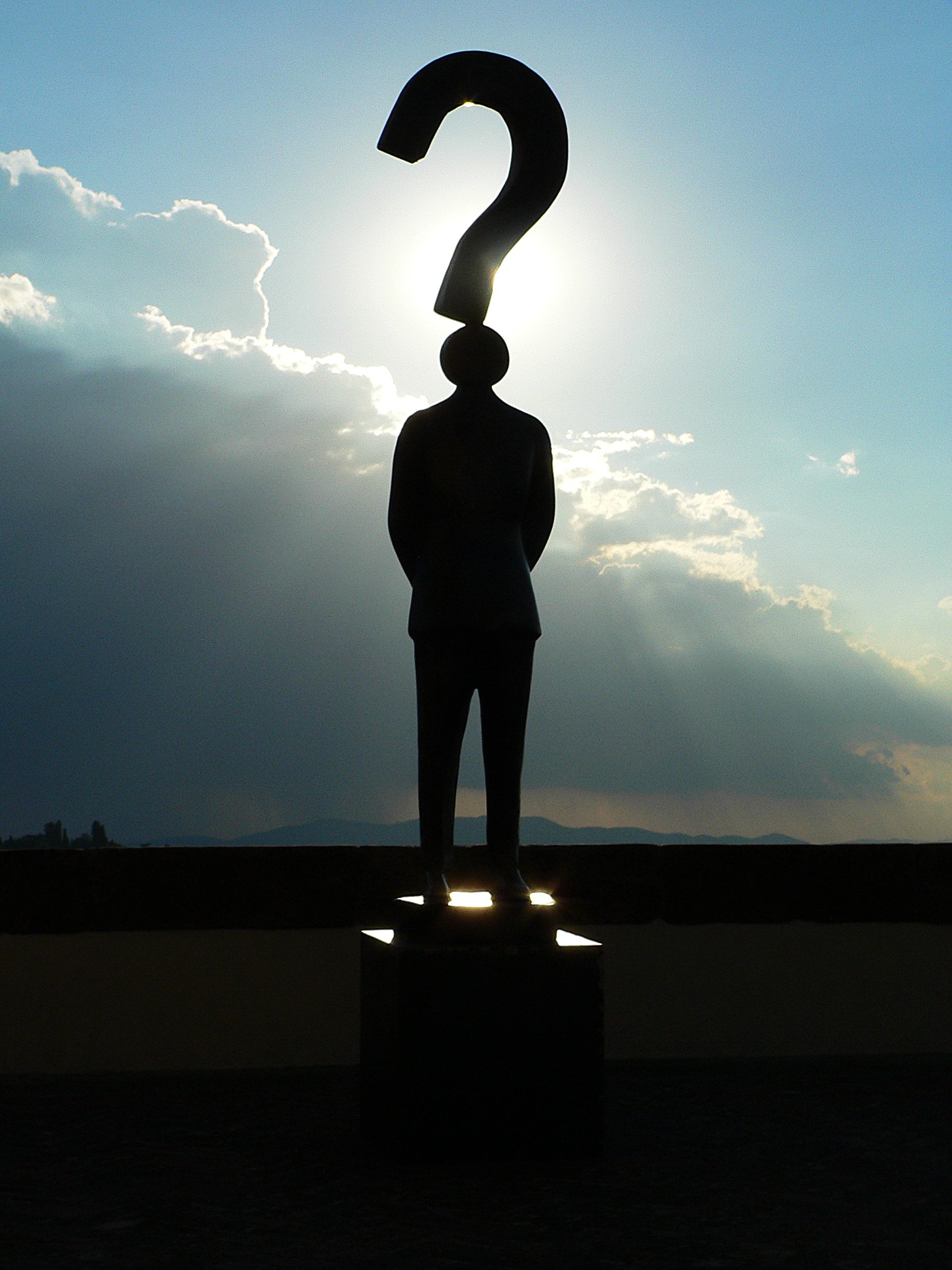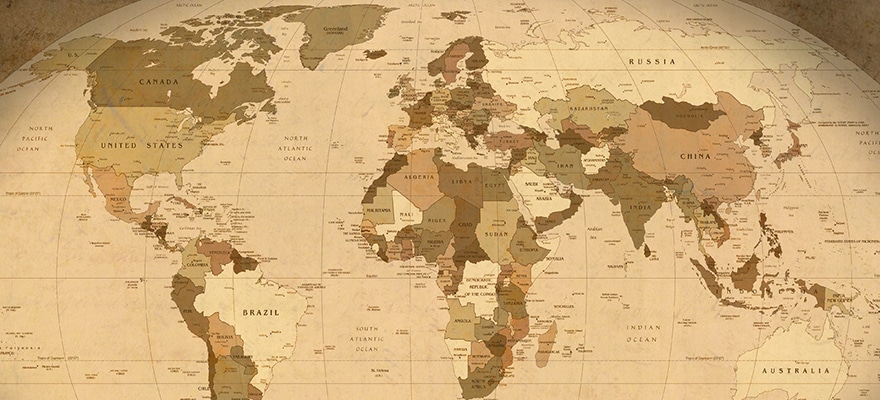This guest article was written by William Laraque who is the Managing Director of US-International Trade Services.
9/11/2001
Many were concerned about me on 9/11. By 2001, I had worked on the 89th floor at #1 WTC since the 1970s and habitually read two newspapers with my coffee at the bookstore at #4 WTC before starting another day in the financial Hub of the world. My friends and relatives whose insistent calls and concerns for my safety on that day, will always be appreciated.
These concerns for my safety remind me indelibly of that day. On 9/11/2001, I was at Camelback, the resort in Arizona, attending a seminar as a business development officer at Surecomp, a trade finance software developer based in Kfar Saba, Israel.
My daily routine in those days consisted of rising early in time to watch the early news, read 6 newspapers online before exercising and starting my day. The 7am (Arizona time) news was different on that day. After realizing that what I was watching on TV was not fictional but real, I remember calling Ian my team leader and telling him to watch the news because incredible things were happening in NY.
As the Surecomp team gathered at poolside during breakfast, our owner was in a nearly celebratory mood. I inquired why as it became clear that the seminar had come to an abrupt halt. He responded that "now Israel is not alone". Fifteen years later, I recall these words vividly and they frame my sense of the significance of what happened on that day. On 9/11, the US became, in the words of John Donne, "a part of the continent", connected to the world.
Today
The US and Russia have agreed on a cease-fire in the five-year Syrian War which has resulted in 500,000 deaths and millions of displaced refugees. There are numerous opinions as to why this very tenuous cessation in killing will not be sustainable.
The most compelling to me is simply that neither the US nor Russia have demonstrated an effective and enduring capability in nation-building. The proxy war advanced in Syria by Iran, the US, Russia, and Saudi Arabia as interlopers in this huge human tragedy can only be solved by providing a viable and enduring economic solution as an alternative to war.
We All Seek the Same Things
'We all seek the same things' is ephemeral until reality gains traction. It is like the American dream, an increasingly elusive reality for Americans as well as for the many who seek refuge and opportunity in the US.
The many wantingthe same things poses a problem because as Joseph Stiglitz vividly recounts, the US financial system has lately functioned to create a relatively wealthy few by denying wealth to many others.
The Ravens
Bernd Heinrich, a long distance runner, wrote a book called "Ravens in Winter", describing how ravens organize their lives. They live on big animals that die in the snow. And so you have enough food for 100 ravens, suddenly, and it's only there for a short time.
So how do they deal with that? Well, the answer is they have a very good communication system. They gather all their friends and relations for miles and miles away - as far as 100 miles - they come flying and feast on this animal that's dead. Many of these birds survive only by flying long distances, but they have to have a signaling system so they know where to go.
The same can be said of Syrians and the rest of the world. We all seek opportunity, food, shelter, fulfillment and gainful employment. As the Brazil bishops' statement in Pope Francis I Evangelii Gaudium states: "We wish to take up daily the joys and hopes, the difficulties and sorrows of the Brazilian people, especially of those living in the barrios and the countryside – landless, homeless, lacking food and health care – to the detriment of their rights. Seeing their poverty, hearing their cries and knowing their sufferings, we are scandalized because we know that there is enough food for everyone and that hunger is the result of a poor distribution of goods and income. The problem is made worse by the generalized practice of wastefulness."
"Yet we desire even more than this; our dream soars higher. We are not simply talking about ensuring nourishment or a “dignified sustenance” for all people, but also their “general temporal welfare and prosperity.” This means education, access to health care, and above all employment, for it is through free, creative, participatory and mutually-supportive labour that human beings express and enhance the dignity of their lives. A just wage enables them to have adequate access to all the other goods which are destined for our common use."
Political Discourse and Solutions
While the US political discourse is suffused with talk of building walls to ward off Mexicans, the predominant immigrants to the US are from China and India. What walls will keep them out?
Changing the Battlefields
The US and Russia have shown no ability to do nation-building as a denouement to shock and awe. The battlefields change. In my warrior days, it was Danang, Khe Sang, Hue and Saigon. Now it is Aleppo and Mosul, and....
The battlefields change. The historical March of folly endures. The solution is nation-building and a leadership capable of building nations and economies, not walls. This is the indelible meaning of 9/11 to me.






















